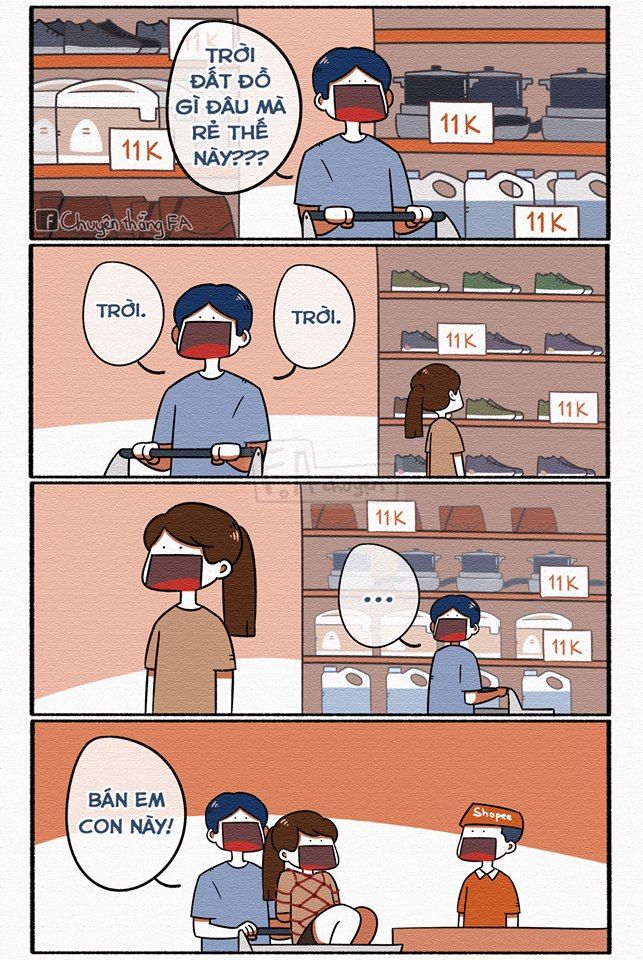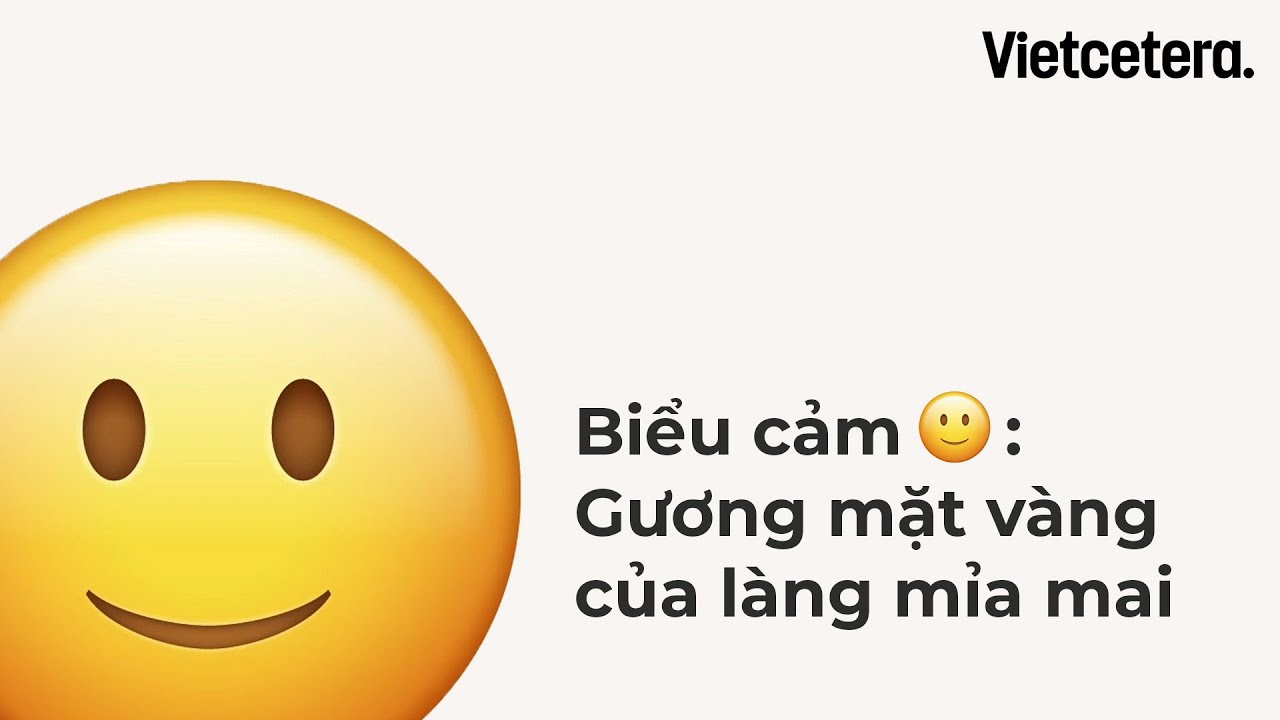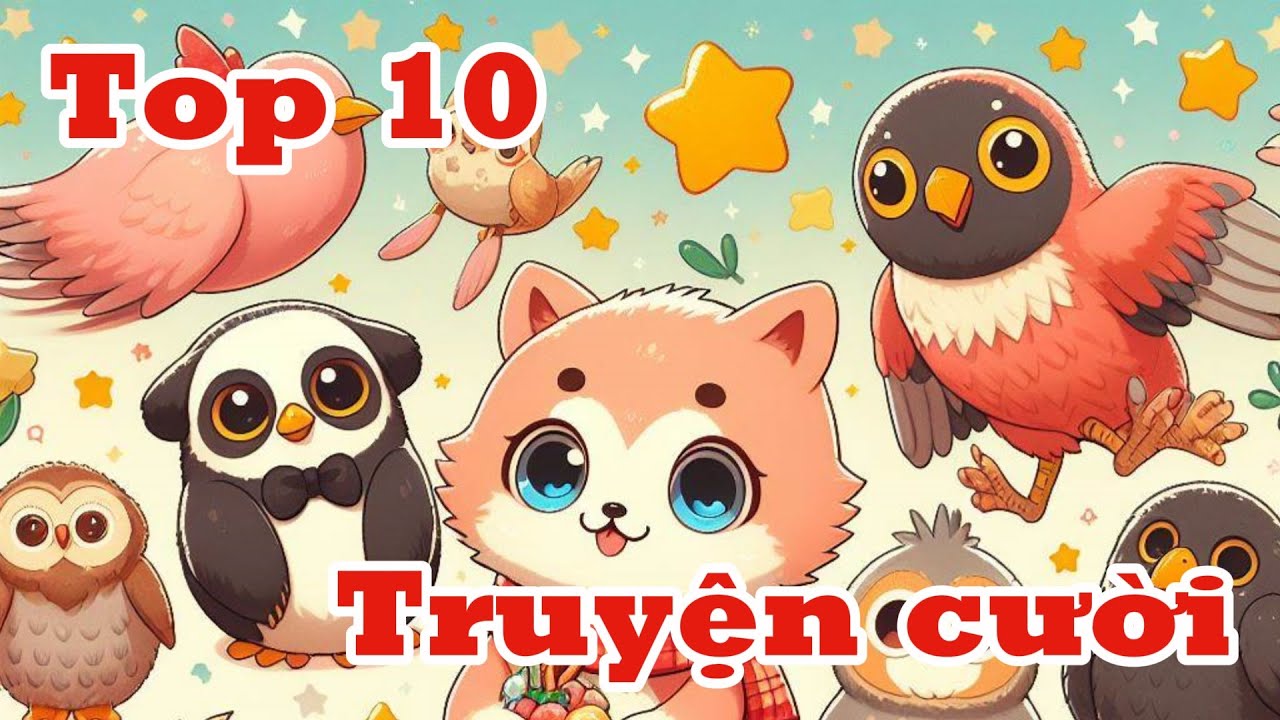
Những câu truyện cười nhưng mang đầy ý nghĩa

Executive Summary

This article delves into the fascinating world of humorous stories that carry profound meaning. We’ll explore how seemingly simple jokes can offer insightful commentary on life, relationships, and the human condition. Through carefully selected examples and analysis, we’ll demonstrate the power of laughter to illuminate complex truths and encourage self-reflection. This isn’t just about chuckling; it’s about understanding the deeper layers of humor and its ability to connect us on a more meaningful level. We’ll examine different types of humorous stories, highlighting their unique ability to convey wisdom and social commentary often missed in more serious forms of storytelling. Get ready to laugh, learn, and contemplate the unexpected depth hidden within a good joke.
Introduction
We all love a good laugh. But have you ever stopped to consider the power hidden within humor? Often dismissed as mere entertainment, jokes and humorous stories can be surprisingly profound. They can offer social commentary, reveal hidden truths about human nature, and even inspire profound self-reflection. This article explores the surprisingly deep well of meaning found within seemingly simple jokes, highlighting their ability to illuminate the human experience in ways that serious discourse often fails to achieve. We will analyze several examples, demonstrating how humor can act as a powerful tool for understanding ourselves and the world around us. Prepare to discover the unexpected wisdom waiting to be uncovered within the realm of laughter.
Frequently Asked Questions (FAQs)
Q: What makes a humorous story meaningful? A: A meaningful humorous story transcends simple slapstick. It uses humor as a vehicle to explore complex themes, offer social commentary, or prompt self-reflection. The humor itself serves to make difficult or uncomfortable truths more palatable and accessible.
Q: How can I identify a meaningful joke? A: Look for jokes that resonate beyond the initial chuckle. Do they make you think? Do they challenge your assumptions? Do they offer a new perspective on something familiar? If so, it likely possesses a deeper meaning.
Q: Are all humorous stories meaningful? A: No, not all humorous stories are meaningful. Some jokes exist purely for entertainment, serving only to elicit laughter without prompting deeper thought or reflection. However, many jokes, particularly those with a well-developed narrative or subtle social commentary, can offer significant insight.
The Power of Irony and Sarcasm
Irony and sarcasm, often used interchangeably, are potent tools in humorous storytelling. They highlight the discrepancy between expectation and reality, creating a comedic effect that can also be deeply insightful.
Understated Irony: This uses subtle hints to reveal the incongruity, often relying on the audience’s understanding to grasp the full comedic and meaningful impact. Think of the dry wit of a character calmly describing a disastrous situation.
Dramatic Irony: This involves the audience knowing something the characters don’t, creating a humorous tension. The humor often stems from the audience’s awareness of the impending consequences or the absurdity of the characters’ obliviousness.
Verbal Irony (Sarcasm): This is the most commonly understood type, where words express the opposite of their literal meaning. The effectiveness relies on context and tone, providing a sharp, often critical, perspective.
Situational Irony: This occurs when the outcome of a situation is dramatically different from what was expected. The humor arises from the unexpectedness and often reveals the absurdity of life’s unpredictable nature.
Cosmic Irony: This is the broadest form, suggesting a cruel or unfair twist of fate. It often explores themes of injustice and the randomness of the universe, provoking contemplation about life’s larger meaning.
The Art of the Anecdote: Personal Stories with Punchlines
Anecdotal humor relies on personal experiences to create laughter and meaning. These stories often illuminate universal truths about human behavior, relationships, or societal norms.
Relatability: The most effective anecdotes connect with the audience because they tap into shared experiences. This creates an immediate bond, making the humor more impactful and meaningful.
Character Development: Even brief anecdotes benefit from well-defined characters. Giving your characters distinct personalities adds depth and allows for more nuanced humor.
Unexpected Twists: A well-crafted anecdote will typically involve an unexpected twist or turn of events, creating surprise and amplifying the humor.
Emotional Resonance: The best anecdotes elicit not only laughter but also empathy and understanding. They can reveal vulnerabilities, creating a connection between the storyteller and the audience.
Thematic Depth: Meaningful anecdotes go beyond simple amusement; they explore underlying themes about life, relationships, or personal growth, using humor as a lens for self-reflection.
Social Commentary Through Humor: Jokes that Make You Think
Humor can be a powerful tool for social commentary, gently challenging norms and biases without being preachy. These jokes often use satire, parody, or irony to highlight societal flaws or absurdities.
Satire: This involves the use of humor, irony, exaggeration, or ridicule to expose and criticize people’s stupidity or vices, particularly in the context of contemporary politics and other topical issues.
Parody: This imitates the style or content of something, often to comedic effect, exposing the absurdity or flaws of the original.
Exaggeration: This involves overstating a situation or character trait to create a humorous and often critical effect.
Wordplay: Clever use of language, including puns and double entendres, can be effective in delivering subtle social commentary.
Observational Humor: This involves pointing out the funny aspects of everyday life, often revealing deeper truths about human behavior and societal structures.
The Absurd and the Unexpected: Finding Humor in the Unlikely
Absurdist humor relies on the unexpected and illogical to create laughter. This type of humor often challenges our expectations, prompting us to reconsider our assumptions about the world.
Non Sequiturs: These are statements that seem unrelated to the preceding conversation, creating a surprising and often humorous effect.
Juxtaposition: The unexpected pairing of contrasting ideas or images can create a sense of the absurd and elicit laughter.
Surrealism: This involves presenting illogical or dreamlike scenarios, challenging our sense of reality and creating a unique brand of humor.
Dark Humor: This type of humor deals with taboo subjects like death or violence, using humor to cope with or confront difficult realities.
Wordplay and Puns: Exploiting the multiple meanings of words can create unexpectedly funny and absurd results.
Conclusion
The realm of humor extends far beyond simple chuckles and guffaws. Humorous stories, when crafted thoughtfully, can become powerful tools for conveying profound insights, offering social commentary, and encouraging self-reflection. By analyzing the various techniques employed in crafting meaningful humor – from irony and sarcasm to anecdotal storytelling and absurdist narratives – we can appreciate the depth and complexity that humor can possess. The next time you encounter a joke that makes you laugh and think, remember the potent combination of entertainment and wisdom it represents. Embrace the power of laughter to illuminate the complexities of the human experience and to foster a deeper understanding of ourselves and the world around us. This ability to connect laughter with meaningful reflection is a unique aspect of human communication that deserves to be both celebrated and deeply explored.
Keyword Tags
[Humor, Meaningful Stories, Social Commentary, Irony, Anecdotes]]
